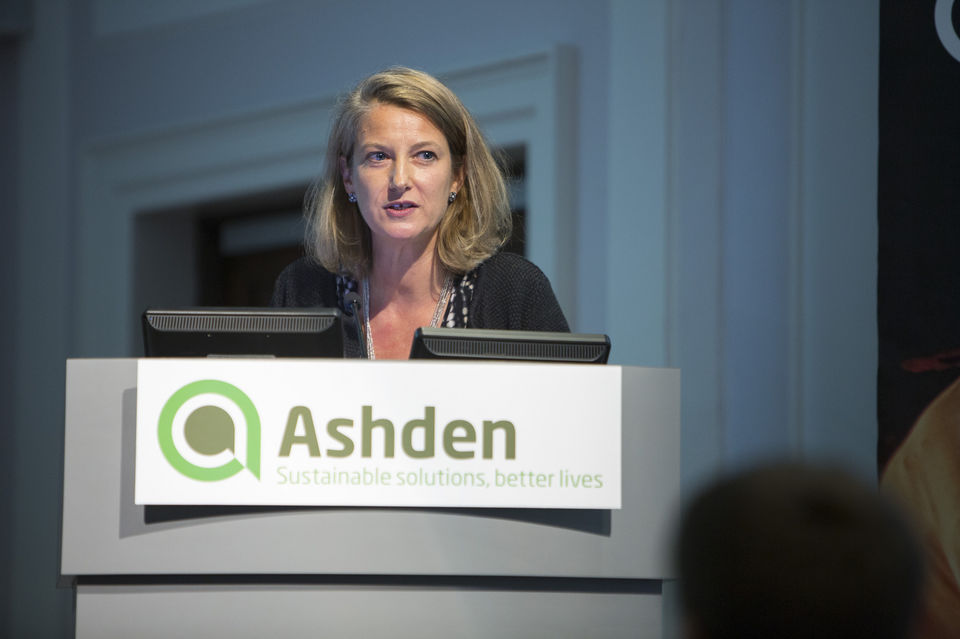
Of course, a charity’s purpose should inform its investment decisions. But that was not the position that the Charity Commission argued in the High Court recently when Sarah Butler-Sloss, who chairs a Sainsbury Family Trust that addresses environmental causes, sought to exclude investments in companies who policies were not aligned to the Paris Agreement targets for limiting carbon emissions.[1]
The Charity Commission took the position that the purpose of a charity’s financial investment is “to yield the best financial return within the level of risk considered to be acceptable – this return can then be spent on the charity’s aims” and further provided guidance that ethical investing by charity’s should not result in “significant financial detriment” to the charity. But what if the activities of the company in which your charity is investing directly undermine the purpose of the charity itself? It is not just a matter of a financial return that reflects “dirty money” (either income or capital gain) but that the investments held by the charity increase the size of the mountain that the charity is seeking to climb in its charitable work. In this case in question, the Charity Commission’s position was that the Ashden Trust board had not properly balanced the potential financial detriment from its investment decision against the risk of conflict with its charitable purposes.
I recall just such discussions when chairing the finance committee, charged with managing the £200 million portfolio of Versus Arthritis (at that point called Arthritis Research UK). I argued that it was nonsensical for us not to direct our fund managers to avoid investing (as far as it was possible) in companies whose businesses contributed the problems that we were trying to solve. Fortuitously, the investment strategy of the Baillie Gifford funds in which we invested didn’t raise any difficult ethical issues for us, as well as allowing us to benefit from a bull market in the tech stocks that featured in it
Mr Justice Michael Green took the right decision when he decided that a charity’s trustees can exercise their discretion when managing their financial investments to reflect the charity’s purposes and not solely to maximise financial returns. In doing so, he set out useful principles that address not only the nonsense that investments that directly conflict with a charity’s purposes but also reflect in their turn the decisions that personal investors make in decisions that they make about their savings (witness the growth in the number of ethical or socially responsible investment funds available) but also consideration of the impact on donors to charities, many of whom are concerned that the charities they support invest their financial assets ethically or, at the very least not inconsistently with charities stated purposes.
[1] Sarah Butler-Sloss & Others v Charity Commission [2022] EWHC 974